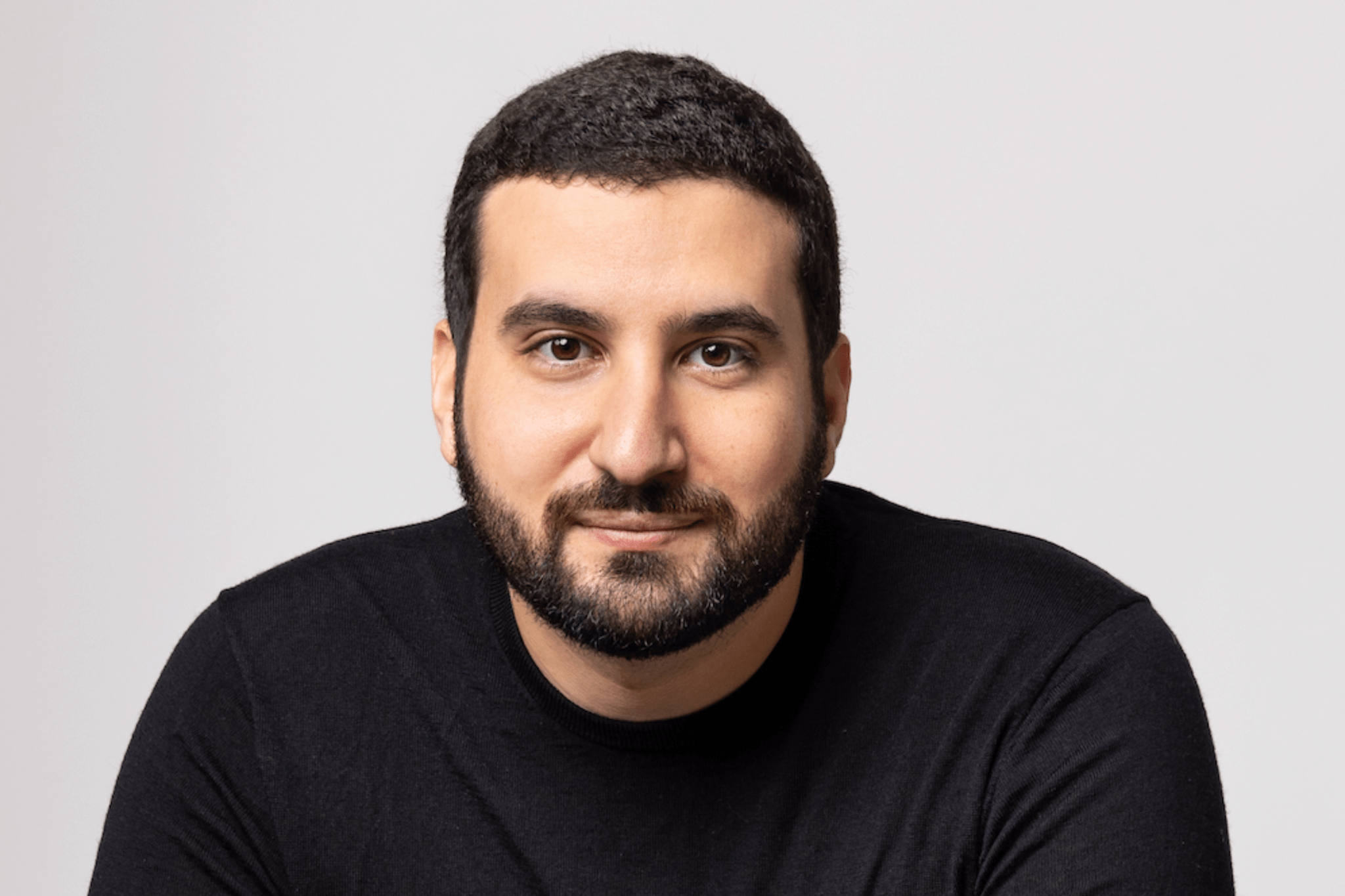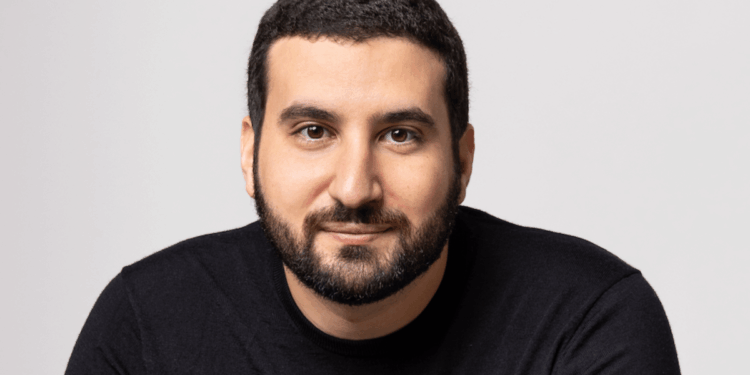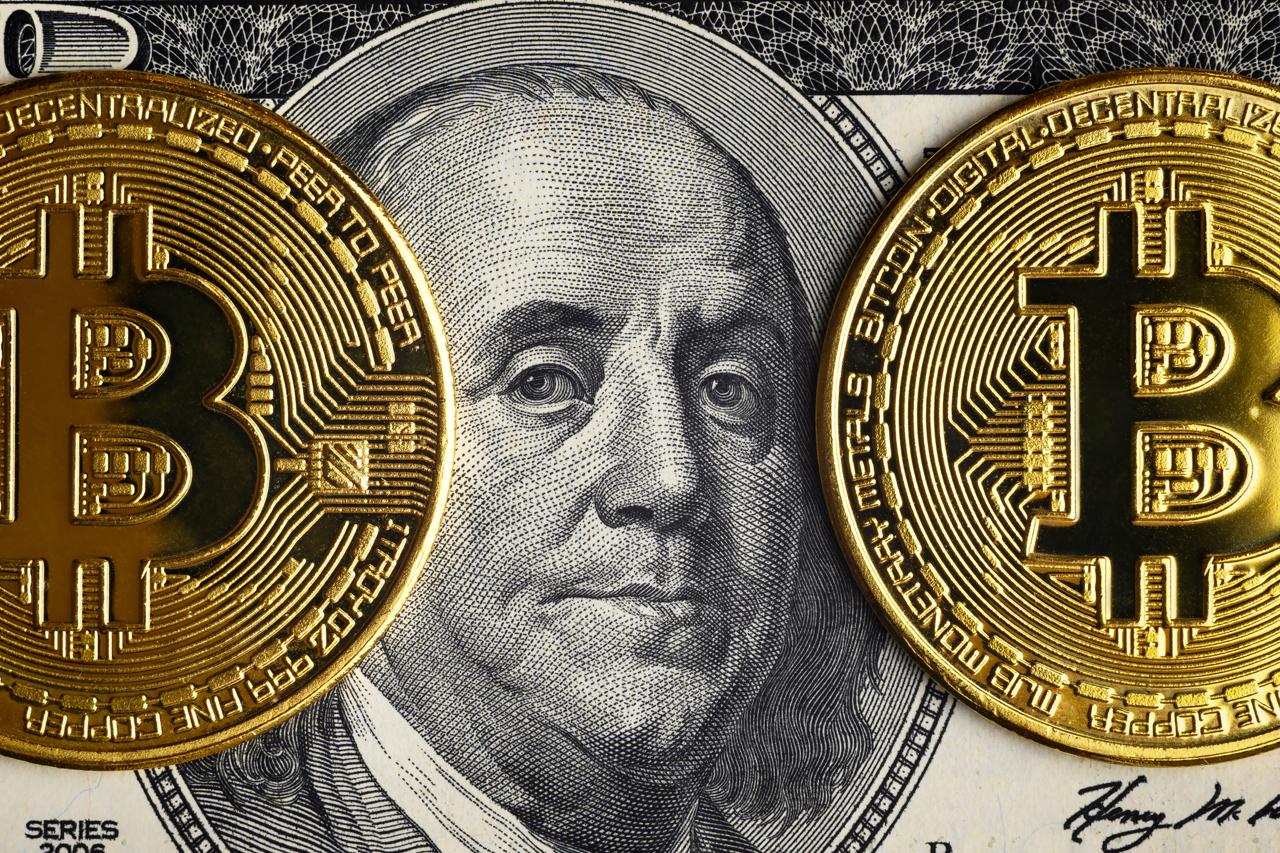
Stablecoin startups continue to rake in cash. The crypto company Bastion announced Wednesday that it had raised $14.6 million in a round led by Coinbase Ventures, the crypto exchange’s venture fund.
Bastion is a white label issuer of stablecoins, which are cryptocurrencies pegged to underlying assets like the U.S. dollar. Rather than hire lawyers to secure regulatory licenses and software developers to write code, companies hire Bastion to more easily spin up their own branded stablecoins.
Other participants in the startup’s fundraise included the venture arm of the Japanese tech giant Sony, the venture arm of the South Korean phone maker Samsung, the crypto arm of the venture capital firm Andreessen Horowitz, and the crypto VC Hashed.
Nassim Eddequiouaq, cofounder and CEO of Bastion, declined to specify at what valuation his startup raised the new capital. He and his team raised $25 million in a 2023 seed round. Eddequiouaq and his cofounder Riyaz Faizullabhoy, who has since left the company, were previously executives at Andreessen Horowitz’s crypto arm, and, before that, the pair worked at Meta on the tech giant’s now-scuttled stablecoin project Libra.
“Almost every week, there are some announcements of whatever company launching its branded stablecoin,” Ludovic Copéré, senior investment director at Sony’s venture fund, told Fortune. “We think Bastion is very well positioned to be this kind of glue and enabler for many corporates, many entities to launch, manage, [and] operate their stablecoins.”
Stablecoin mania
Bastion’s fundraise comes as seemingly every crypto and fintech investor throws money at one of the buzziest sectors in Silicon Valley.
Stablecoins, which are designed to stay stable in price, have long been popular among crypto traders, who park their winnings in the tokens after trading more volatile cryptocurrencies like Bitcoin and Ethereum. But, over the past year, stablecoins have broken out into the mainstream, as proponents say they are cheaper and faster alternatives to legacy payments infrastructure.
In February, fintech giant Stripe closed its $1.1 billion acquisition of the stablecoin startup Bridge. In June, the stablecoin issuer Circle went public in a gangbuster IPO. And, in July, President Donald Trump signed into law new legislation that regulates the burgeoning stablecoin industry.
Amid the drumbeat of enthusiasm, a rush of startups have raised new tranches of funds. It’s an increasingly competitive industry, but Eddequiouaq, Bastion’s CEO, isn’t worried. “We are already competing really well today on the marketplace,” he said.
A differentiator between Bastion and its competitors, which include established companies like Paxos and newcomers like Agora, are its suite of stablecoin services, said Eddequiouaq. These include crypto wallets to let customers hold the tokens as well as pathways to convert stablecoins into cash in 70 countries, including the U.S. “We are building the tools that we wish we had when we built the Libra project,” he said, claiming that Bastion’s tool suite outpaces rivals.
While Bastion and its team of 27 employees haven’t been public with what corporations are using its technology to launch stablecoins, Eddequiouaq said he’s “quite excited about the next, let’s say, eight to nine months of the company.”













